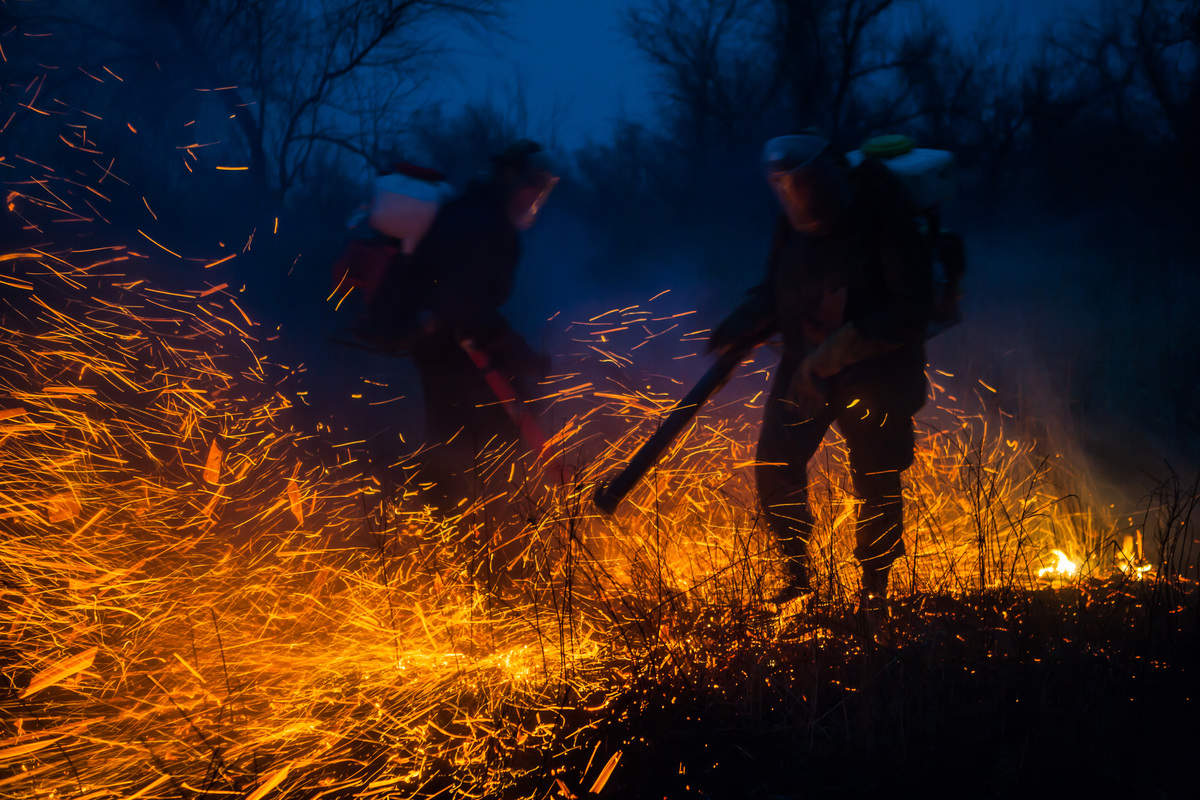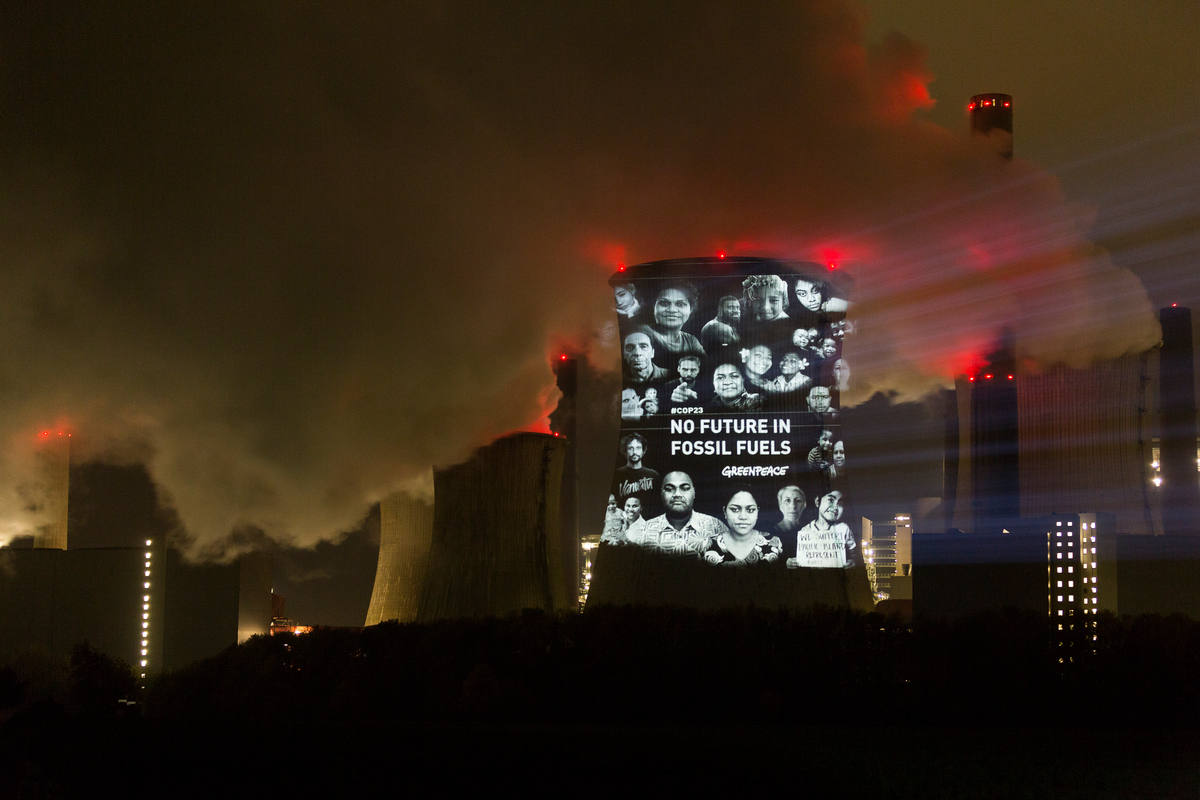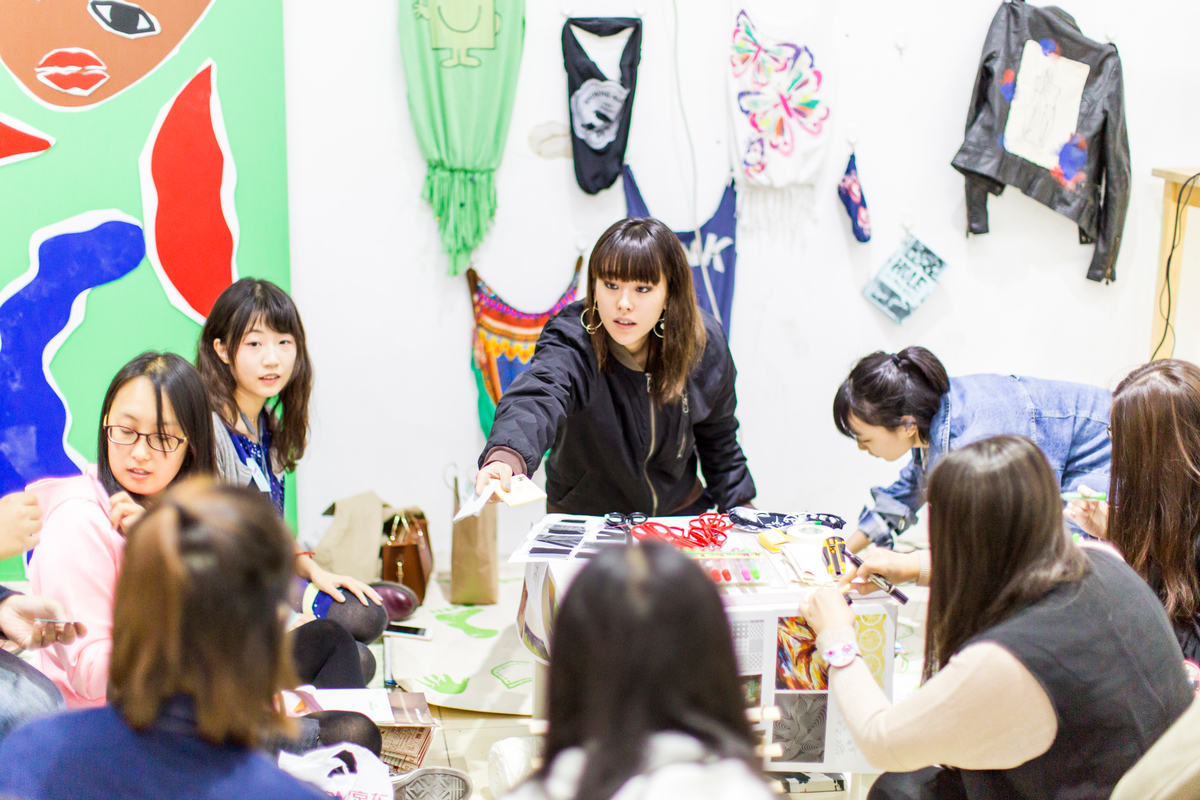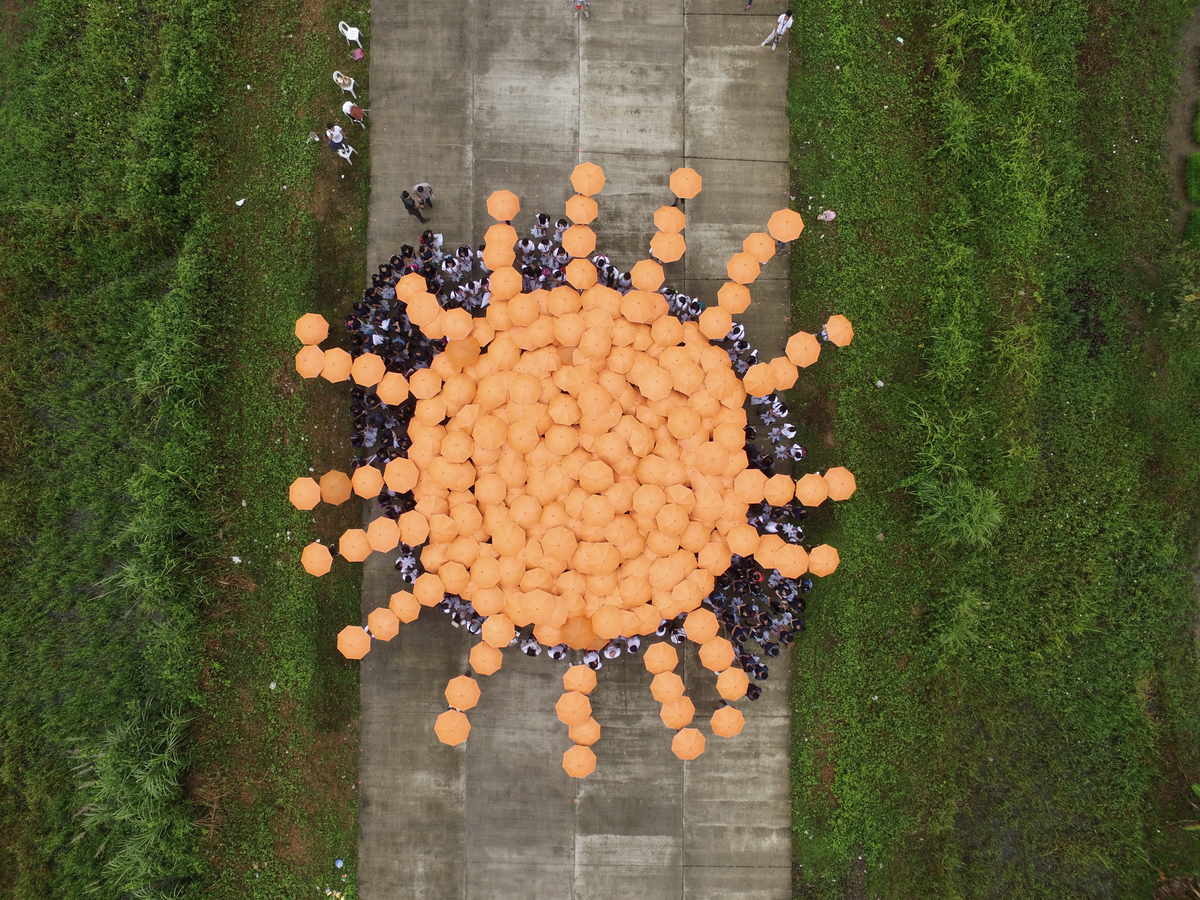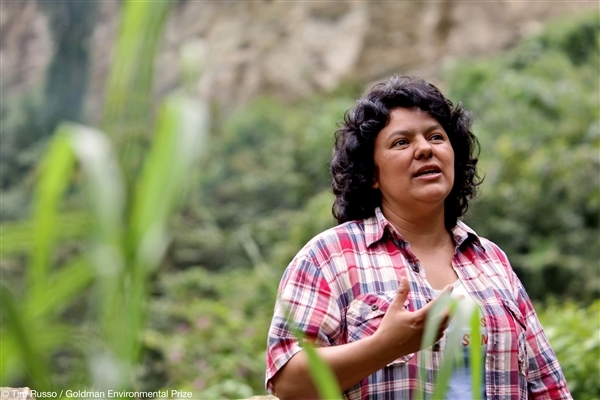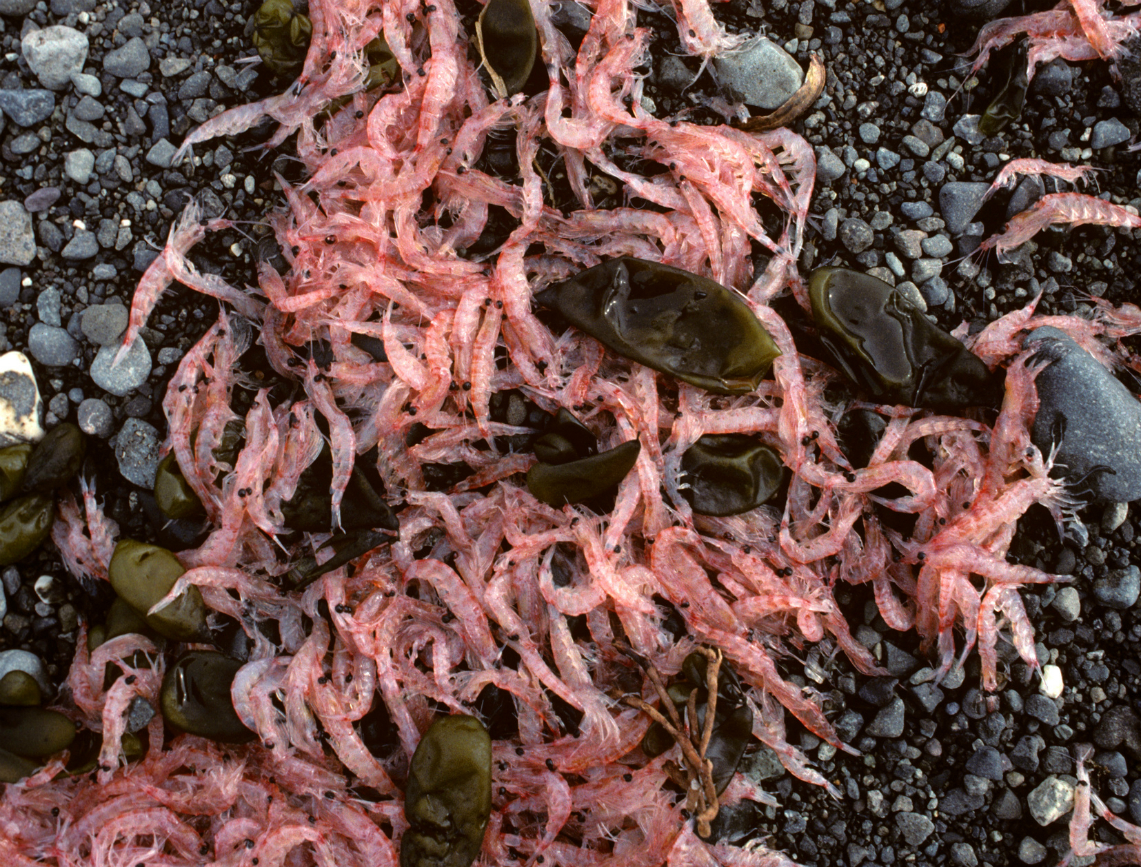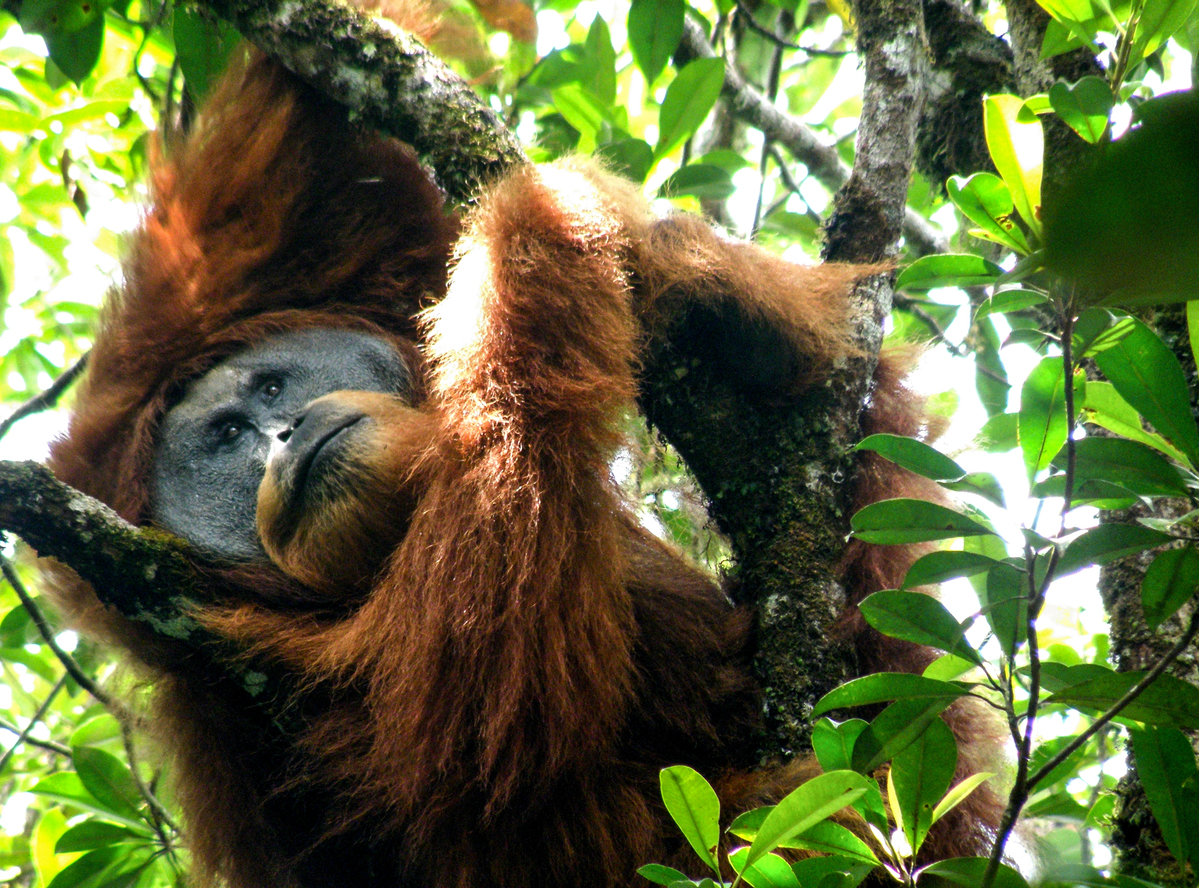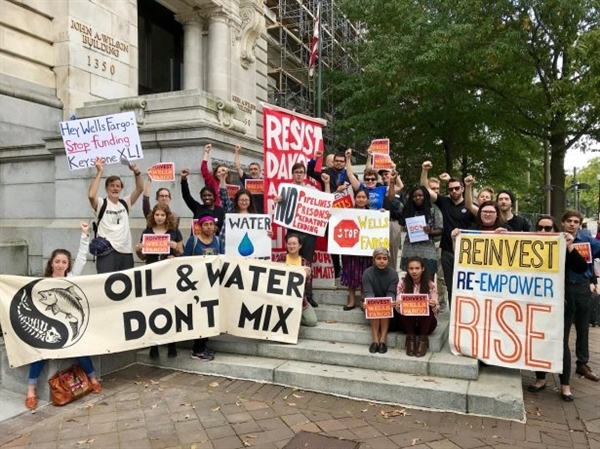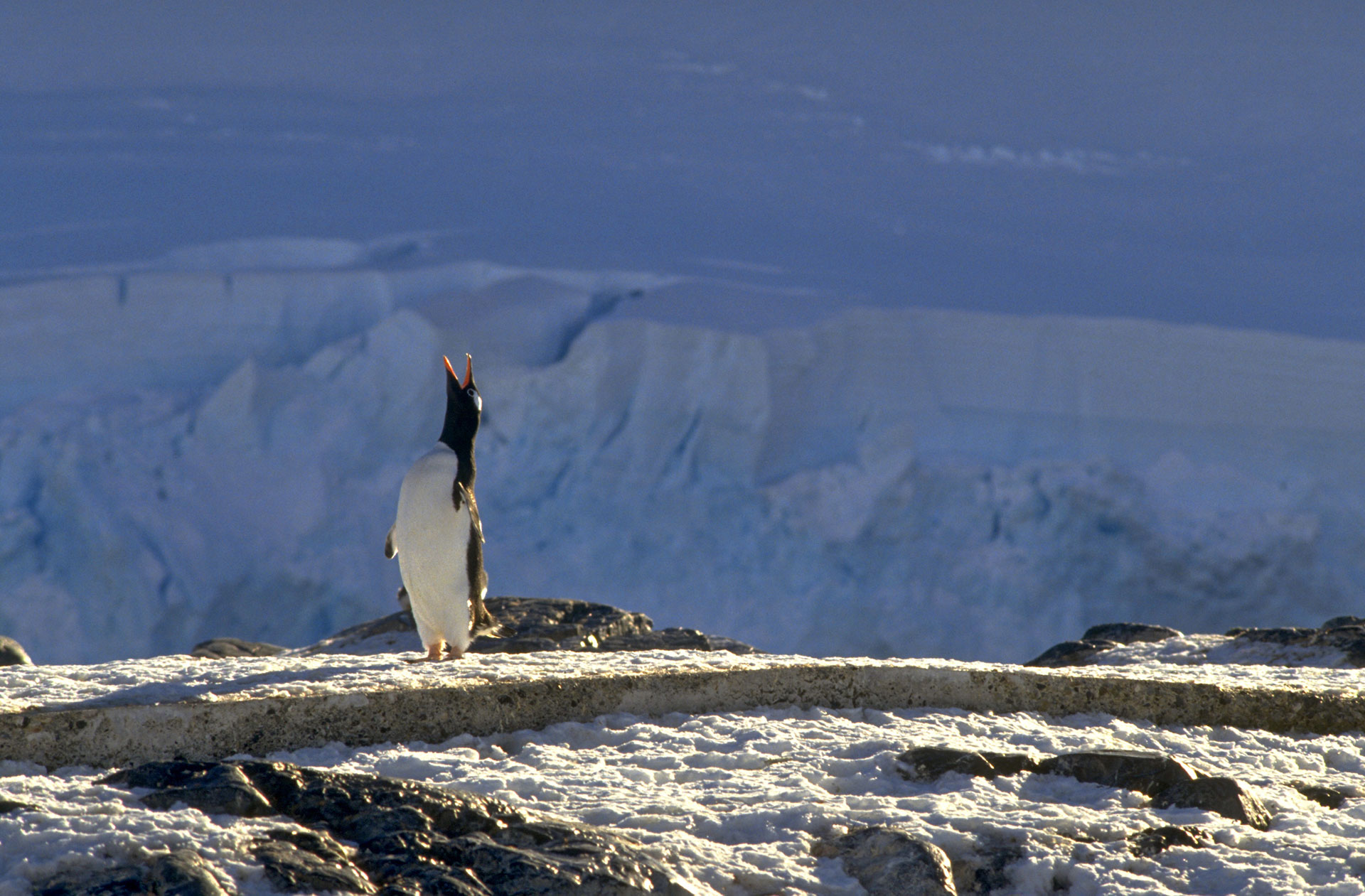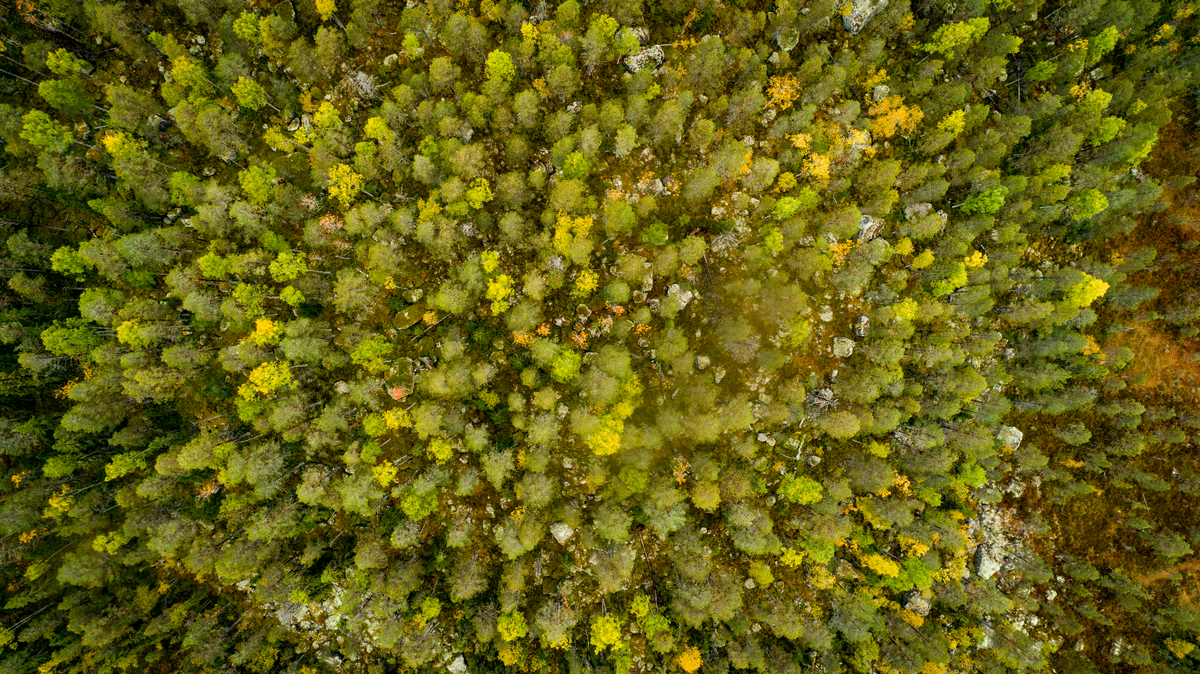-
Fire and Rain
The year 2017 may become a historic milestone where the visceral effects of global heating - extreme storms and wildfires - finally reach public consciousness.
-
‘No future in fossil fuels’ – Greenpeace, Pacific activists call for climate action at COP23
Bonn, Germany, November 10, 2017 - Activists from Greenpeace in Germany and Pacific Island Represent have sent a message to leaders meeting at the UN climate talks in Bonn, projecting an image of faces onto a coal power plant and calling for an urgent phase out of fossil fuels.
-
License to krill
Two days ago, the gavel came down in an adjudication decision which may, more than any other recent hammer-strike, determine the future of fishing: The Marine Stewardship Council (MSC) officially bestowed its blue-and-white fish-check label to a massive factory operator that targets Antarctic krill. This is not a good thing.
-
Newly discovered orangutan species in Indonesia already at risk
Jakarta, Indonesia, 3 November 2017 - Researchers have announced the discovery of a new species of orangutan in the north of Sumatra Island. The Tapanuli orangutan (Pongo tapanuliensis) is the first new addition in almost a century to the small club of great apes, joining its fellow Sumatran and Borneo orangutans, gorillas, bonobos, chimpanzees and…
-
Mazaska Talks: how you can help stop dirty oil projects
Last week, people around the world called on banks financing harmful fossil fuel projects to clean up their acts. Projects like the Dakota Access Pipeline and tar sands pipelines threaten a healthy environment and do not have consent from Indigenous communities whose territories they cross. Responsible banks should not be supporting them.
-
Greenpeace launches campaign to create ‘largest protected area on Earth’ – as Antarctic nations fall short on marine protection
Hobart, 27 October 2017 - Greenpeace has launched a global campaign for an Antarctic Sanctuary, covering 1.8 million square kilometres of ocean, to protect whales, penguins and other wildlife.
-
People all over the world ask Essity to stop wiping away the Great Northern Forest
Stockholm, 26 October 2017 – Greenpeace Nordic representatives and Sámi artist, Sofia Jannok delivered the signatures of almost a quarter of a million people to Essity in Stockholm today. Signatories are asking Essity to clean up its supply chain and ensure that the company is not involved in the destruction of the last critical forest…

